When a Teen Has Been Sexually Assaulted
Recognizing the Signs and Responding to Disclosure
While it’s frightening for adults to think about, the reality is that sexual assault statistics for teens is on the rise. Since it’s better to be in the know than in denial, here you’ll find the signs to look for as well as information on how to respond when and if someone you care about has been assaulted.
Eighty percent of assaults occur with a known offender, which means there is often a relationship at stake. Given the increase in peer-on-peer assault cases, it can be difficult for victims to disclose at first. You may instead see changes to their behavior before anything is said aloud. It’s important to trust the readiness of each individual to discuss their experience when they are able. Nevertheless, certain signs often accompany an experience of sexual trauma.
Knowing the warning signs is important, regardless of whether you think your teen is at risk. If they begin to display any of these behaviors, it doesn’t mean they’ve been assaulted. However, adults are wise to see them as red flags.
What Are the Signs Your Teen May Have Been Sexually Assaulted?
If a young person starts to lose or gain a lot of weight.
Food restriction is a form of control, and control is something survivors are trying to regain a sense of in their life. Likewise, weight gain can also be a form of control, and acts as a barrier, a sense of added protection in the world.
If they engage in acting out behaviors, like increased substance use.
Substances help ease the pain of unhealed trauma, by providing an escape from difficult feelings. But heavy substance use can also increase risk, since it decreases the ability to navigate social situations safely.If they seem hypervigilant or on-guard often.
Hypervigilance and anxiety are common symptoms related to trauma. They act as an overactive defense against harm. The challenge is that they become their own cause of suffering if they limit the ability to function.
If they engage in sexual acting out and promiscuity.
People who have been sexually assaulted are more at risk of repeat trauma than others who have never experienced this type of trauma. Promiscuity elicits a false sense of control over their sex experiences, that often prolongs healing and increases risk.
If they become depressed or suicidal.
Blame and shame are frequent by-products of sexual trauma that result from intense victim blaming in our culture. If unable to process in a healing format, blame and shame can take the form of low mood, depression, or bouts of suicidality.
Your Teen Has Been Sexually Assaulted: Here's How to Respond
Sexual trauma is difficult to talk about, and teens may choose silence at first. But this doesn’t mean they don’t need support, and should be allowed to isolate.
Showing up as a safe and trusted ally matters whether or not a discloser has been made. Making plans to connect with your young person, engage in healthy activities together, offering to make plans that are aligned with that young person’s interests, all go a long way in sending the message: “I’m here for you no matter what.”
If your teen discloses, it is crucial to offer lovingkindness, without pushing for any details your young person may not be ready to share. And if a disclosure is made to you, it may not mean they are ready to make the same statement to the police. Trusting your teen’s readiness to talk about the event when they are able, allows them to do the healing work they need to do.
Let your teen know that what happened to them is not their fault, that you are there for them no matter what, and that they have the strength within them to heal, one step at a time.
Enlisting your teen’s ability to use their natural coping skills and “mirrors” will be important throughout the healing process. “Mirrors” are the people, places and things that connect us to who we are at the core. Things like music, a favorite pet, a local park, or family activity, help young people center themselves and remember the things that ground and calm them are always available.
For loved ones who are supporting victims, your self-care is almost as important as your teen’s. Going toward your own mirrors, finding the activities and outlets that create a sense of calm, will enable you to bring more patience to a process that is impossible to predict. Giving yourself the same lovingkindness offered to your teen supports your commitment to them, as you continue to show up one day at a time.
*If interested in learning more about assault response, check out chapter 10 “Responding to Assault” in Book 2 of the Be Strong, Be Wise series for Parents and Educators.

